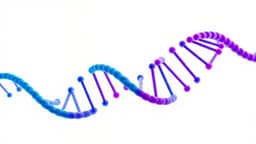Home / Health / Scientists Discover Key to Cancer Resistance
Scientists Discover Key to Cancer Resistance
26 Nov
Summary
- Researchers identified a critical vulnerability in triple-negative breast cancer.
- Two molecules, GPX4 and FSP1, were found to cause chemotherapy resistance.
- Blocking FSP1 can restore sensitivity to treatment for resistant cancer cells.

Researchers have pinpointed a significant vulnerability in triple-negative breast cancer (TNBC), a particularly aggressive form accounting for nearly 31% of breast cancer cases in India. This breakthrough offers new hope for patients facing limited treatment options beyond chemotherapy, which often leads to recurrence due to drug-resistant tumor cells.
The study, led by Dr. Nandini Verma, revealed that while chemotherapy eliminates the majority of TNBC cells, a subset enters a temporary dormant state. During this phase, specific molecules reprogram these cells to survive and later re-emerge as more aggressive and resistant tumors, leading to metastasis. Understanding this dormant state is crucial for developing effective treatments.
The key molecules identified as responsible for this resistance are GPX4 and FSP1. Researchers found that blocking FSP1 can restore the cancer cells' sensitivity to chemotherapy. A novel approach involves blocking both GPX4 and FSP1 simultaneously, which damages the cancer cells' membranes, leading to their death and potentially preventing tumor recurrence.




